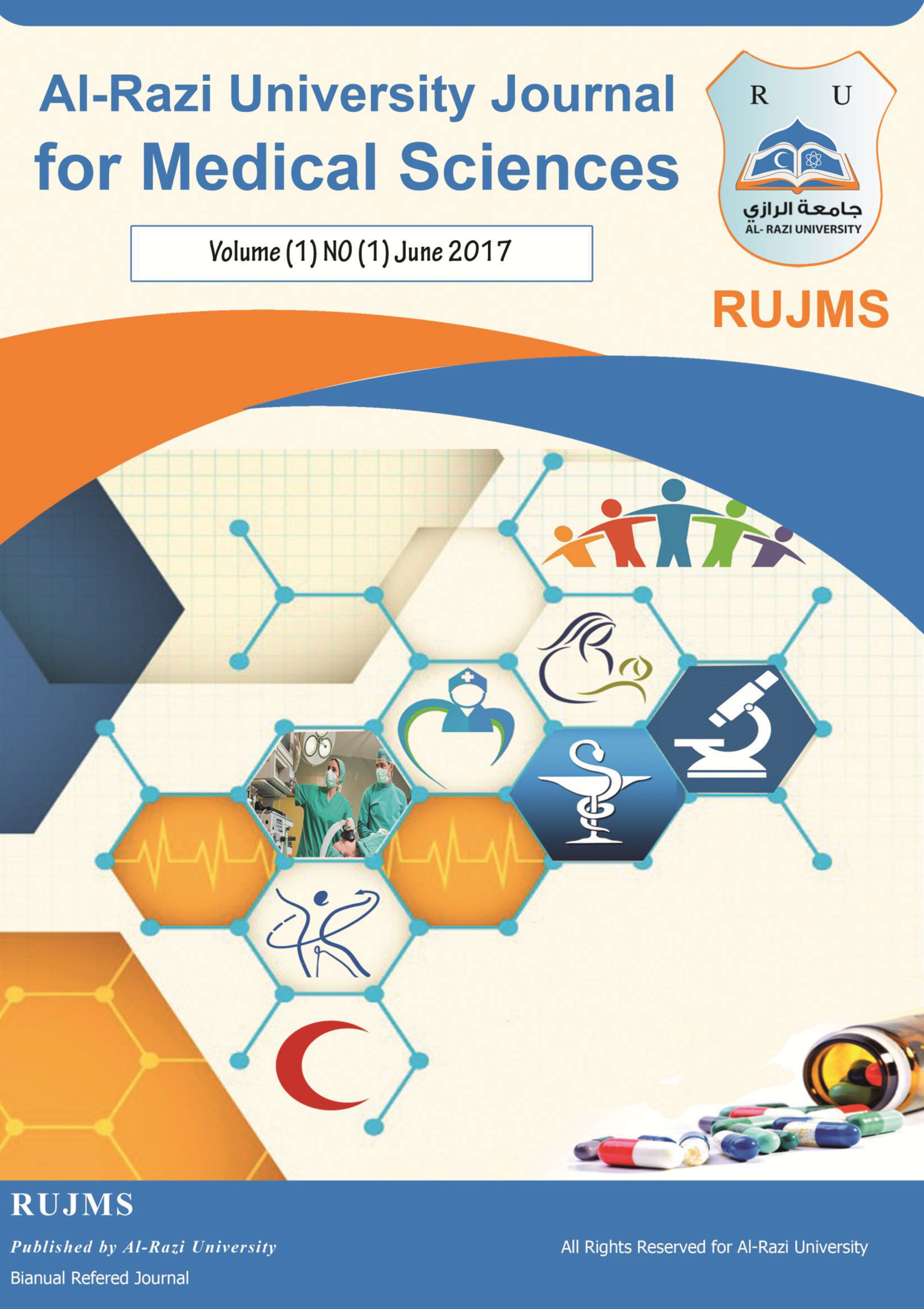Investigation of Essential Oil of Melissa Officinalis for Acute and Sub-Chronic Oral Toxicity
Rashad Alnamer1* , Nabil Ahmed Al-Rabeei2 1 Department of Pharmacy, College of Medical Sciences, Al-Razi University, Yemen,2 Department of Applied Medical Sciences, College of Medical Sciences, AlRazi University, Yemen
Abstract
Background: Medicinal plants continue to play central roles in the healthcare system of a large proportion of the world’s population. Aim: To determine the acute and Sub-chronic oral toxicity of Melissa officinalis essential oil and to serve as criteria to recommend the ethno pharmacological uses of the plant. Methods: In the acute toxicity test, oral administration of 300 and 2000mg/kg of the Melissa officinalis essential oil was evaluated in mice. Sub-chronic toxicity was studied by a daily oral dose of 100 and 200mg/kg for three months. On day 0, 30, 60 and 90, blood samples collected from retro-orbital sinus of the eye rats were used for evaluation of serum biochemistry, hematology and histopathological examination of the heart, lungs, liver, kidney and spleen. Results: The acute toxicity oral
study revealed no observable signs of toxicity. In rats, the examination of signs, animal behavior and the changes in body and organs weights showed no abnormalities in the test groups as compared to the controls. There were no significant variations in the hematological parameters of both Melissa officinalis essential oil treated and untreated rats. However, biochemical parameters showed a significant decrease in blood sugar. Melissa officinalis essential oil significantly (p<0.05) increased serum urea suggesting degenerative changes in the kidney. Conclusion: We can conclude that Melissa officinalis essential oil is well tolerated in short-term therapies but may have long-term toxic effects on the kidney
الخلفية: تستمر النباتات الطبية في لعب أدوار مركزية في نظام الرعاية الصحية لجزء كبير من سكان العالم.
الهدف: تحديد السمية الحادة وتحت الحادة للزيت العطري لنبتة المليسة (Melissa officinalis) عن طريق الفم واستخدام هذه المعايير لتوصية بالاستخدامات الاثنو-صيدلانية للنبتة.
الطرق: في اختبار السمية الحادة، تم تقييم تناول الزيت العطري لنبتة المليسة عن طريق الفم بجرعات 300 و 2000 ملغم/كغم في الفئران. تمت دراسة السمية تحت الحادة من خلال إعطاء جرعات يومية عن طريق الفم بجرعات 100 و 200 ملغم/كغم لمدة ثلاثة أشهر. في الأيام 0، 30، 60 و 90، تم جمع عينات الدم من الجيوب الوريدية خلف العين للفئران لاختبار الكيمياء الحيوية في المصل، وعلم الدم، والفحص النسيجي للقلب، الرئتين، الكبد، الكلى والطحال.
النتائج: كشفت دراسة السمية الحادة عن عدم وجود علامات واضحة للسمية. في الفئران، أظهرت فحص العلامات وسلوك الحيوانات والتغيرات في أوزان الجسم والأعضاء عدم وجود أي شذوذ في مجموعات الاختبار مقارنةً بالمجموعات الضابطة. لم تكن هناك اختلافات كبيرة في معايير الدم بين الفئران المعالجة بزيت المليسة العطري وغير المعالجة. ومع ذلك، أظهرت المعايير الكيميائية الحيوية انخفاضاً كبيراً في نسبة السكر في الدم. زاد زيت المليسة العطري بشكل ملحوظ (p<0.05) من مستوى اليوريا في المصل مما يشير إلى تغييرات تنكسية في الكلى.
الاستنتاج: يمكننا أن نستنتج أن الزيت العطري لنبتة المليسة يُتحمل بشكل جيد في العلاجات قصيرة الأمد ولكنه قد يكون له آثار سامة على المدى الطويل على الكلى.

